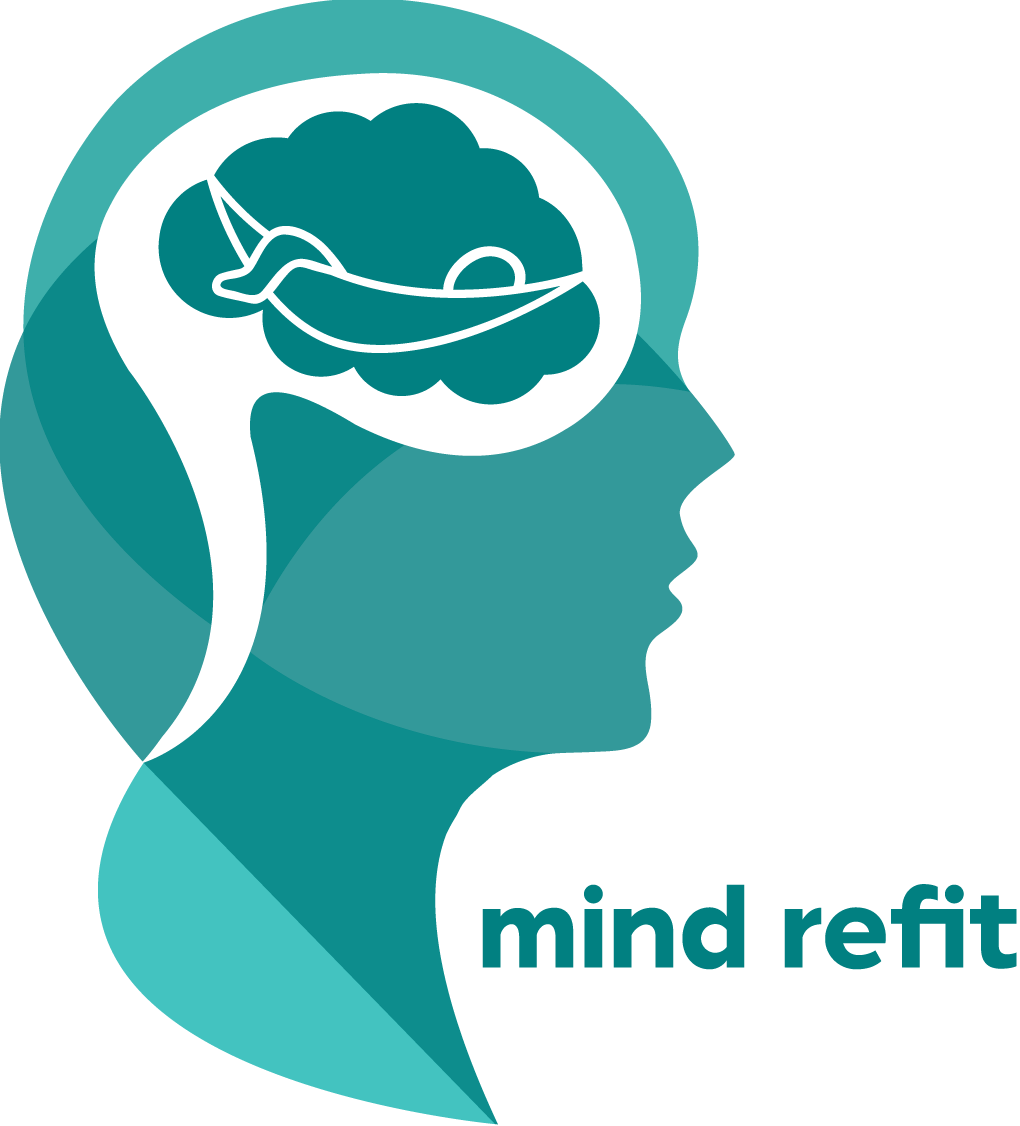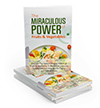
Insomnia is a common sleep-health concern experienced by one in every four people[1], characterized by changes in energy levels, mood, concentration, performance, and quality of life. As common as insomnia is, it may or may not be a major health concern depending on how it is approached. Understanding insomnia and how it works, as well as checking with your doctor, is important before anything else.
What Causes Insomnia?
There are so many causes of insomnia, some are very common, with visible warning signs. Traumatic circumstances or your lifestyle could be a potential trigger for insomnia; something as simple as habitually watching Netflix all night. When taken lightly, the effects could be devastating.
Common Reasons Why You Can’t Sleep
- Stress: having a lot on your mind can cause you to stay awake at night. Problems like a divorce, debt, work, or the death of someone dear to you[2]
- Poor sleep habits: these include things that may disrupt your regular sleep schedules, such as eating too much too late at night, stimulating activities like playing video games and working out too late at night or taking stimulating substances like caffeine too late in the day.[3] Some poor sleep habits may even be unintentional, like pregnancy, nursing a newborn, or sleeping next to a snoring partner.
- Travel/work schedule: if you travel frequently, especially through different time zones, it may disrupt your circadian rhythm (sleep/wake clock), leading to insomnia.[3]
- Age: certain natural changes that come with aging may trigger insomnia, such as being more sensitive to environmental noise, daytime sleepiness, changes in health and activity level, etc.[4]
The above sums up some of the widely-known general and habitual factors (secondary causes) that either instigate or perpetuate insomnia. It may appear simple enough to deal with but, depending on the type of insomnia, particular risk factors, and how you approach it, it can easily become a major concern. Others, psychological and/or medical, discussed below, are considered more serious and are the major causes of chronic insomnia.
Psychological Causes of Insomnia
Insomnia and psychological (mental) problems are bi-directional.[5] While people with insomnia tend towards psychological health problems, people with psychological health problems experience insomnia. Since our focus is on the latter, here are a few psychological triggers of insomnia;
- bipolar disorder,
- depression, causing changes in mood, and shifts in hormones and physiology,
- anxiety disorders, characterized by tension, excessive worry, and overstimulation, or
- psychotic disorders.[6, 7]
The above health problems directly or indirectly cause insomnia in affected individuals. For instance, medication taken to combat depression may cause insomnia as a side effect.[7] This means that to aid sleep, these individuals may be under a form of insomnia treatment or remedy, as part of the general treatment for the illness.
Medical Causes of Insomnia
Medical conditions that can cause insomnia range from mild to serious.[7] It could either result from a side effect of a medication, discomfort caused by a symptom of a medical condition, or occur on the basis of the medical condition itself. Some medical causes of insomnia include;
- Allergies, such as nasal/sinus
- Gastrointestinal problems such as reflux
- Endocrine problems, such as hyperthyroidism
- Neurological conditions, such as Parkinson’s disease
- Pain, such as low back pain and/or some other chronic pain
- Arthritis or Asthma
- Underlying sleep disorders, such as restless leg syndrome or sleep apnea
- A side effect of medication taken for certain ailments, such as common cold and nasal allergies, high blood pressure, heart disease, thyroid disease, birth control, asthma, and depression[7]
Depending on the medical source and severity of your insomnia, coupled with other risk factors, insomnia may just fizzle out upon recovery. In some other cases, it becomes chronic and affected individuals may learn to cope with it using prescribed remedies/treatment from authorized health professionals. If you have insomnia or you demonstrate a higher risk of experiencing insomnia, it may be a good idea to avoid potential aggravators the best way you can.
Potential Aggravators of Insomnia
In what ways are you making your insomnia worse? Insomnia potential aggravators include substance abuse, such as drugs and alcoholism, as well as lifestyle choices, stress, and other common causes of insomnia highlighted in this article. These should be avoided, where possible, or combatted immediately when they occur. Where such aggravators are not intentional, like pregnancy, getting medical help would be advised to mitigate them.
How do You Know You Have Insomnia?
Common symptoms of insomnia include;[3,7,8]
- Difficulty falling asleep, difficulty staying asleep, waking up at night and having difficulty falling back asleep, and/or waking up too early
- Not feeling well-rested after a night’s sleep
- Daytime tiredness or sleepiness and/or low energy
- Irritability, depression, or anxiety
- Loss of interest or motivation
- Difficulty paying attention, focusing on tasks, or remembering things
- Increased errors or accidents
- Mood changes and/or feelings of sadness or hopelessness
- Frustration and ongoing worries about sleep
- Tension headaches or stomach aches
If you feel concerned but unsure of whether or not you may be experiencing insomnia, it is advisable to visit a health professional. You can also check out our Free Ebook on how to Combat Insomnia
References
- University of Pennsylvania School of Medicine (2018). One in four Americans develop insomnia each year: 75 percent of those with insomnia recover. Science News. Retrieved January 21, 2020, from Science Daily: https://www.sciencedaily.com/releases/2018/06/180605154114.htm
- The Impact of Stress on Insomnia and Treatment Considerations (n.d.). Association Between Stress and Insomnia. Medscape. Retrieved January 21, 2020, from Medscape: https://www.medscape.org/viewarticle/557651_2
- Mayo Clinic Staff (n.d.). Insomnia. Mayo Clinic. Retrieved January 21, 2020, from Mayo Clinic: https://www.mayoclinic.org/diseases-conditions/insomnia/symptoms-causes/syc-20355167
- National Sleep Foundation (n.d.). Insomnia & Older Adults. Retrieved January 21, 2020, from National Sleep Foundation; https://www.sleepfoundation.org/insomnia/insomnia-you/insomnia-older-adults
- Jo Abbott (2016). What’s The Link Between Insomnia And Mental Illness? Swinburne University of Technology. Originally published by The Conversation. Retrieved January 21, 2020, from Science Alert; https://www.sciencealert.com/what-exactly-is-the-link-between-insomnia-and-mental-illness
- MedicalNewsToday (n.d.). Insomnia: Everything you need to know. Retrieved January 21, 2020, from MedicalNewsToday; https://www.medicalnewstoday.com/articles/9155.php
- National Sleep Foundation (n.d.). What Causes Insomnia? Retrieved January 21, 2020, from National Sleep Foundation; https://www.sleepfoundation.org/insomnia/what-causes-insomnia
- WebMD (n.d.). Understanding Insomnia: An Overview. Retrieved January 21, 2020, from WebMD; https://www.webmd.com/sleep-disorders/insomnia-overview#1\





0 Comments